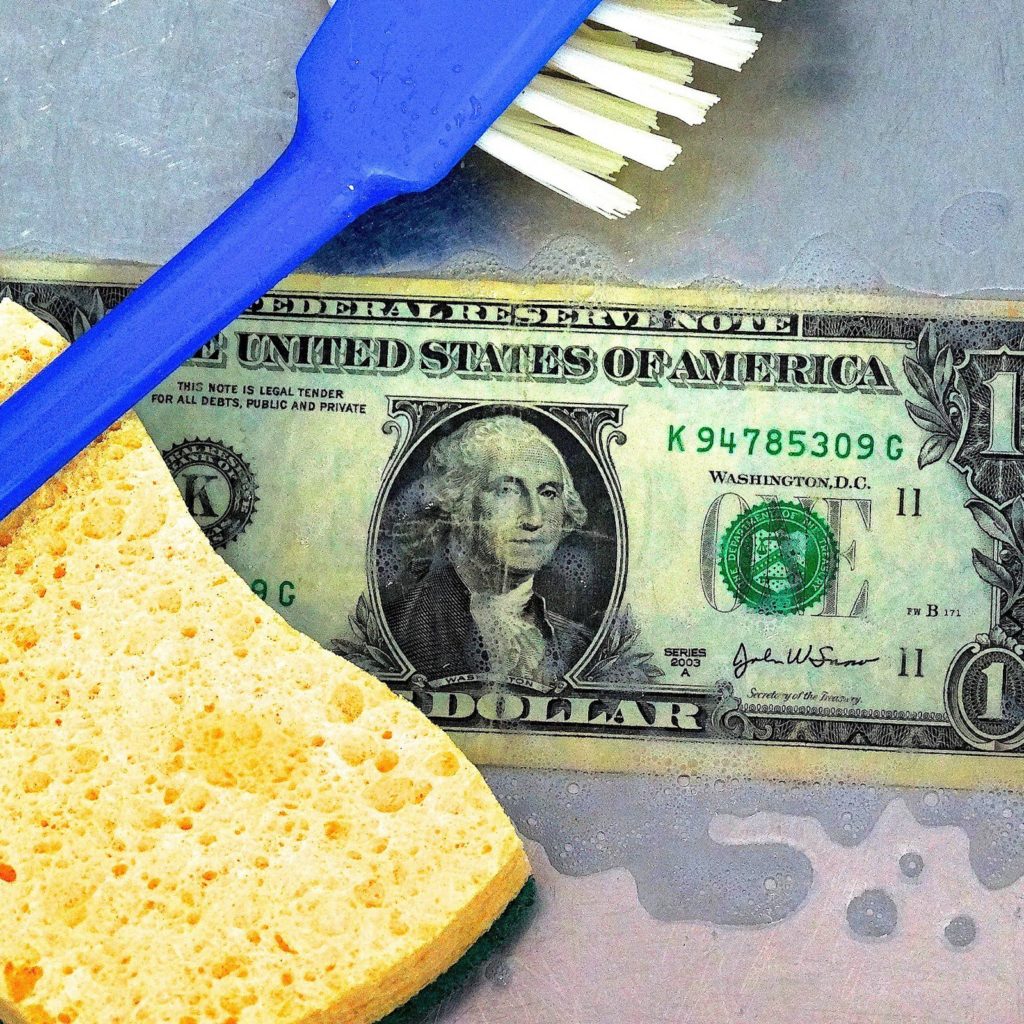Published: Feb 28, 2018 11:53 a.m. ET Share
Will you be smarter than the Apple co-founder? Getty Images Apple co-founder Steve Wozniak lost seven bitcoins, equivalent to $70,000 at today’s rates.
By Kari Paul Reporter
Steve Wozniak, the co-founder of Apple AAPL, -1.75% who is widely considered to be a tech genius, made a rudimentary and expensive mistake recently.
“I had seven bitcoins stolen from me through fraud,” Wozniak said at the Times’ Global Business Summit on Monday. “Somebody bought them from me online through a credit card and they cancelled the credit card payment.
It was that easy. And it was from a stolen credit card number so you can never get it back.”
With bitcoin BTC, -3.10% currently valued at $10,000, the move lost him the equivalent of $70,000 (or $140,000 at bitcoin’s peak value of $20,000).
His mistake is far too easy to do, said Joe Blackburn, a cryptocurrency entrepreneur and head adviser at Cryptohunt, a blockchain-based geolocational treasure hunting game.
“There is so much that can go wrong,” he said. “If this guy scammed Steve Wozniak out of 70 grand who knows how much he has made off of other people?”
That is why it is important to take a number of security measures in the crypto world, especially when dealing with large volumes of money.
Store your cryptocurrency offline
A good way to secure your bitcoins or other forms of cryptocurrency is to get them off of exchanges and off the internet . This can be done by generating a public bitcoin address which is a long and unique set of numbers and letters used to send bitcoin, and a private key, a corresponding set of numbers and letters used to send your bitcoins to anyone else.
The private key, or PIN, is what gives your bitcoin its value, and is best kept in a physical wallet or at the bottom of your sock drawer or anywhere else it will be safe from water damage, like a safe deposit box.
Digital platforms like Coinbase don’t give users a bitcoin PIN, so bitcoin holders can export the currency to a wallet and extract the PIN or send it to an address generated by a site like Bitcoin.
com. They can also use a hard wallet like a Ledger Wallet , which connects to the computer by USB.
Only buy and sell on trusted sources
Storing your bitcoin on a secure device and using two-factor authentication will make it more secure from hackers, but won’t protect you from scams like the one Wozniak fell victim to necessarily.
Blackburn said the only way to remain safe while selling and buying bitcoin is to do so through trusted transfers and exchanges and never opt for what is called an “over the counter” trade like what Wozniak apparently attempted to do.
“You should never make a deal over the phone with somebody and put yourself in a position to lose that kind of money,” he said.
Cryptocurrencies are not FDIC-insured like banks and has been called the “Wild West” of finance by U.
S.
regulators, so there is no recourse if someone takes off with your money. Coinbase, LocalBitcoins.com or Coinmama are all more-established platforms and all three accept credit card, so simply plug in the amount you want to purchase and your information to exchange dollars for cryptocurrency.
Of course, in an era of digital currency and increasingly sophisticated hacking, nowhere is 100% safe and the more secure a platform is, the longer a transaction can take.
Use two-factor authentication via web and phone
It’s important to use two-factor authentication to secure everything from your email account to your Twitter, and cryptocurrency is no different. If you are using a platform like Coinbase to send or hold cryptocurrency, be sure to enable two-factor authentication. That means when you log in, you will be prompted to enter a unique code sent to your phone or email to verify your identity.
Without this safeguard, your money is at high risk of being hacked.
It’s also important to take note of other hacking efforts, said David Johnson, chief executive officer of cryptocurrency startup Latium. This includes phishing, where hackers pose as legitimate websites to steal user information.
That could mean using an email to route a user to a site like sounding like Coinbase with a letter missing instead of the real site coinbase.
com.
“For every legitimate business online, there are probably five scammers out there trying to act like they are someone they are not,” Johnson said. Also see: .
